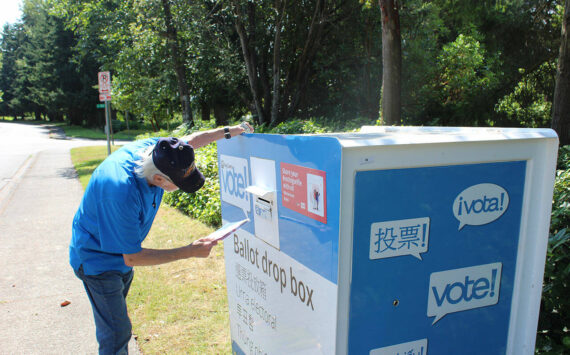Gov. Gary Locke Monday outlined his priorities for the 2004 legislative session, and his final year in office, as the 58th Washington State Legislature convened in Olympia.
In K-12 education, Locke is calling on the Legislature to:
– Refine and clarify the Washington Assessment of Student Learning (WASL), particularly regarding the Certificate of Mastery that students will be required to complete for graduation starting in 2008, allowing for retakes and alternative assessments;
– Strengthen the states Learning Assistance Program (LAP) and stabilize allocations to school districts that need the most help;
– Approve legislation supporting the development of charter or opportunity schools, to especially help struggling students meet state standards; and
– Allow school districts to collect the full amount of voter-approved levies.
In higher education, Locke is calling on the Legislature to:
– Approve legislation for increased enrollments for higher education, particularly in the high-cost, high-demand fields of computer science, nursing and engineering;
– Launch a pilot performance contract program that allows a limited number of state universities to set their own resident undergraduate tuition; and
– Approve legislation to bring the university admissions process in line with the U.S. Supreme Courts decision on affirmative action, which says schools can consider race when reviewing individual student applications but not quotas or set asides.
In job creation/economic development, Locke is calling on the Legislature to:
– Build on the success of the states 7E7 bid by passing legislation necessary to develop the project;
– Renew soon-to-expire tax incentives for high-tech research and development as well as to businesses that locate in rural parts of the state; and
– Make further progress on recommendations from the Washington Competitiveness Council, initially convened by Locke in 2001.
In health care, Locke is calling on the Legislature to approve his 2004 supplemental budget, which would:
– Reduce the impact of pending health care premiums to be charged parents of children receiving optional, state-sponsored Medicaid coverage;
– Increase the states reimbursement rate for family physicians providing childbirth services to Medicaid patients;
– Share more federal funding with public hospital districts; and
– Support rural health infrastructure with additional providers, school nurses, and technology support.




